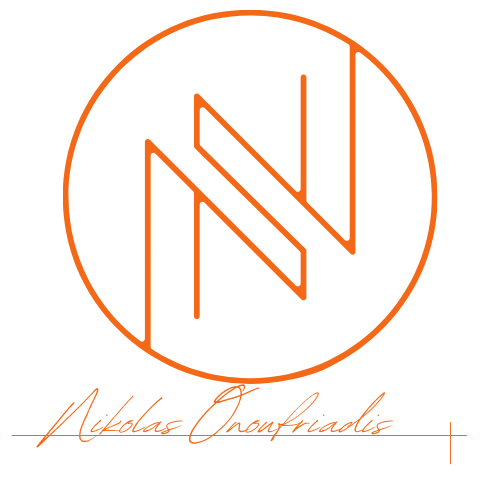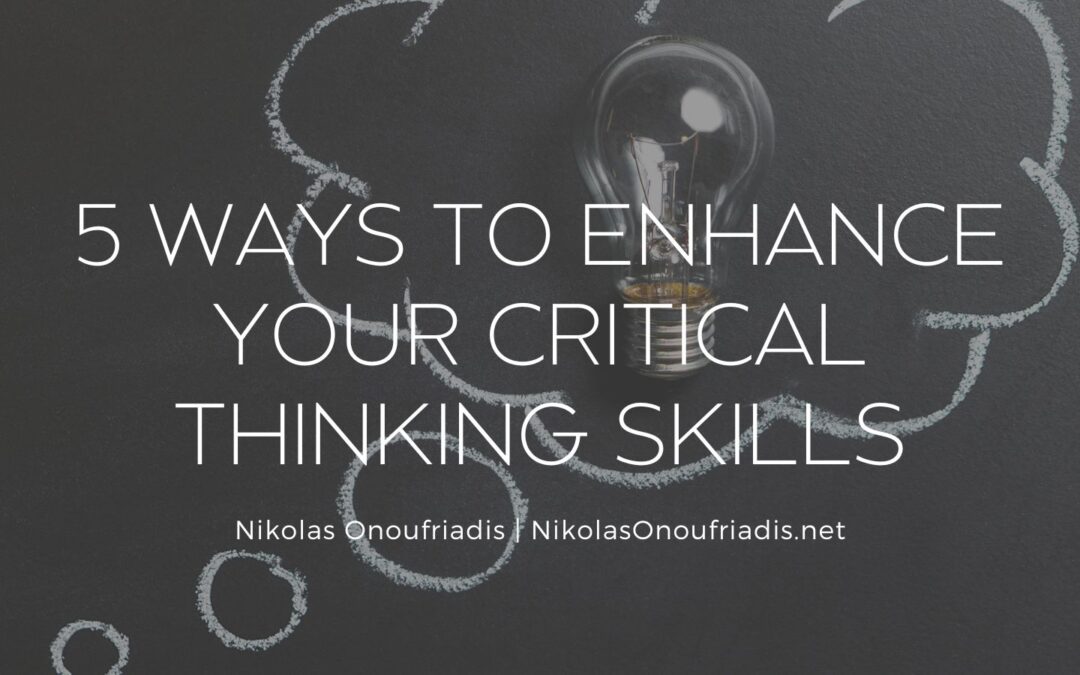Critical thinking enables us to analyze, evaluate, and interpret information effectively, empowering us to make informed decisions and solve problems creatively. Whether you’re a student, professional, or lifelong learner, honing your critical thinking skills can unlock new opportunities and enhance your overall cognitive abilities. Here are five strategies to help you elevate your critical thinking prowess:
Ask Thought-Provoking Questions: At the heart of critical thinking lies the art of asking insightful questions. Challenge yourself to delve deeper into issues by asking probing questions that encourage analysis and reflection. Instead of accepting information at face value, interrogate its validity, relevance, and implications. By asking questions such as “Why?” “How?” and “What if?” you can uncover hidden assumptions, identify gaps in reasoning, and stimulate critical thinking.
Seek Diverse Perspectives: Exposure to diverse perspectives is essential for nurturing critical thinking skills. Surround yourself with individuals who have different backgrounds, experiences, and viewpoints, and engage in meaningful discussions and debates. By encountering alternative viewpoints and considering multiple perspectives, you can broaden your understanding of complex issues and develop a more nuanced approach to problem-solving. Embrace diversity and inclusivity as catalysts for expanding your critical thinking horizons.
Evaluate Evidence and Sources: In an era of misinformation and fake news, the ability to evaluate evidence and sources critically is paramount. Develop a discerning eye for assessing the credibility, reliability, and bias of information sources, whether they’re articles, studies, or social media posts. Scrutinize evidence for accuracy and relevance, and cross-reference information from multiple sources to verify its validity. By honing your skills in information literacy and source evaluation, you can separate fact from fiction and make well-informed decisions.
Practice Reflective Thinking: Reflection is a powerful tool for enhancing critical thinking skills. Set aside time for introspection and self-reflection, allowing yourself to analyze your thoughts, beliefs, and assumptions critically. Reflect on past experiences, successes, and failures, and identify lessons learned and areas for improvement. Cultivate a habit of journaling or mindfulness meditation to enhance self-awareness and promote deeper reflection. By engaging in reflective thinking, you can gain valuable insights into your cognitive processes and develop greater clarity and perspective.
Embrace Problem-Solving Challenges: Critical thinking thrives in the face of challenges and problems that require creative solutions. Seek out opportunities to tackle complex problems and engage in hands-on problem-solving activities. Break down problems into manageable components, analyze underlying causes, and explore alternative solutions through brainstorming and experimentation. Embrace failure as a natural part of the problem-solving process and learn from setbacks to refine your critical thinking skills further.

